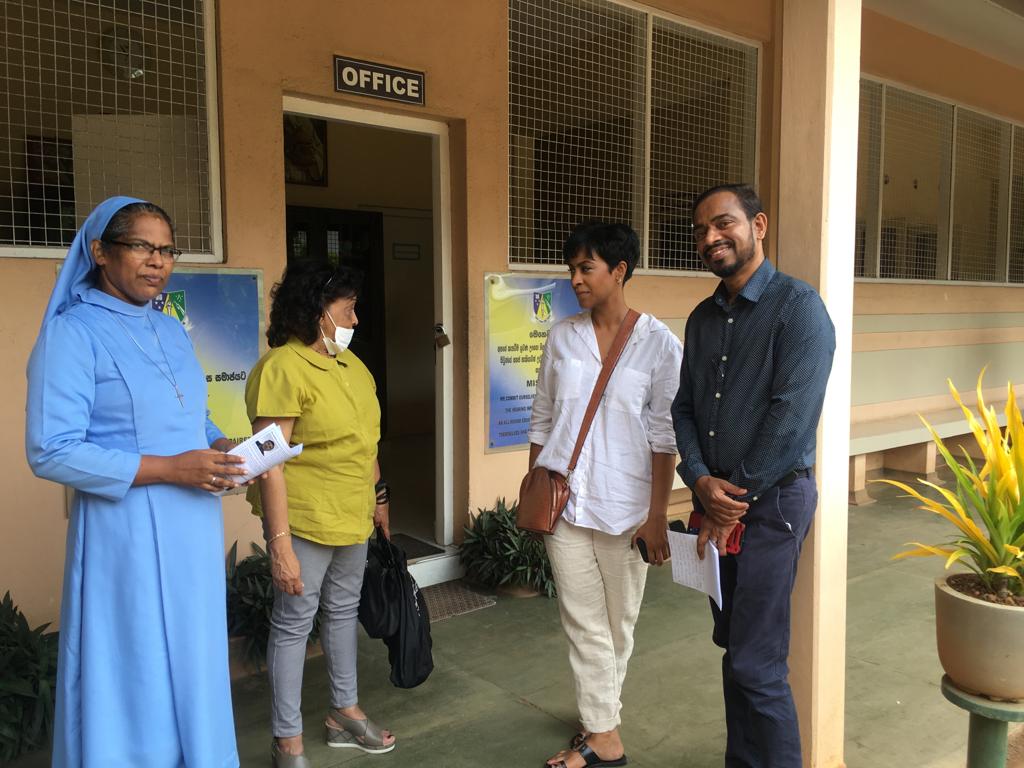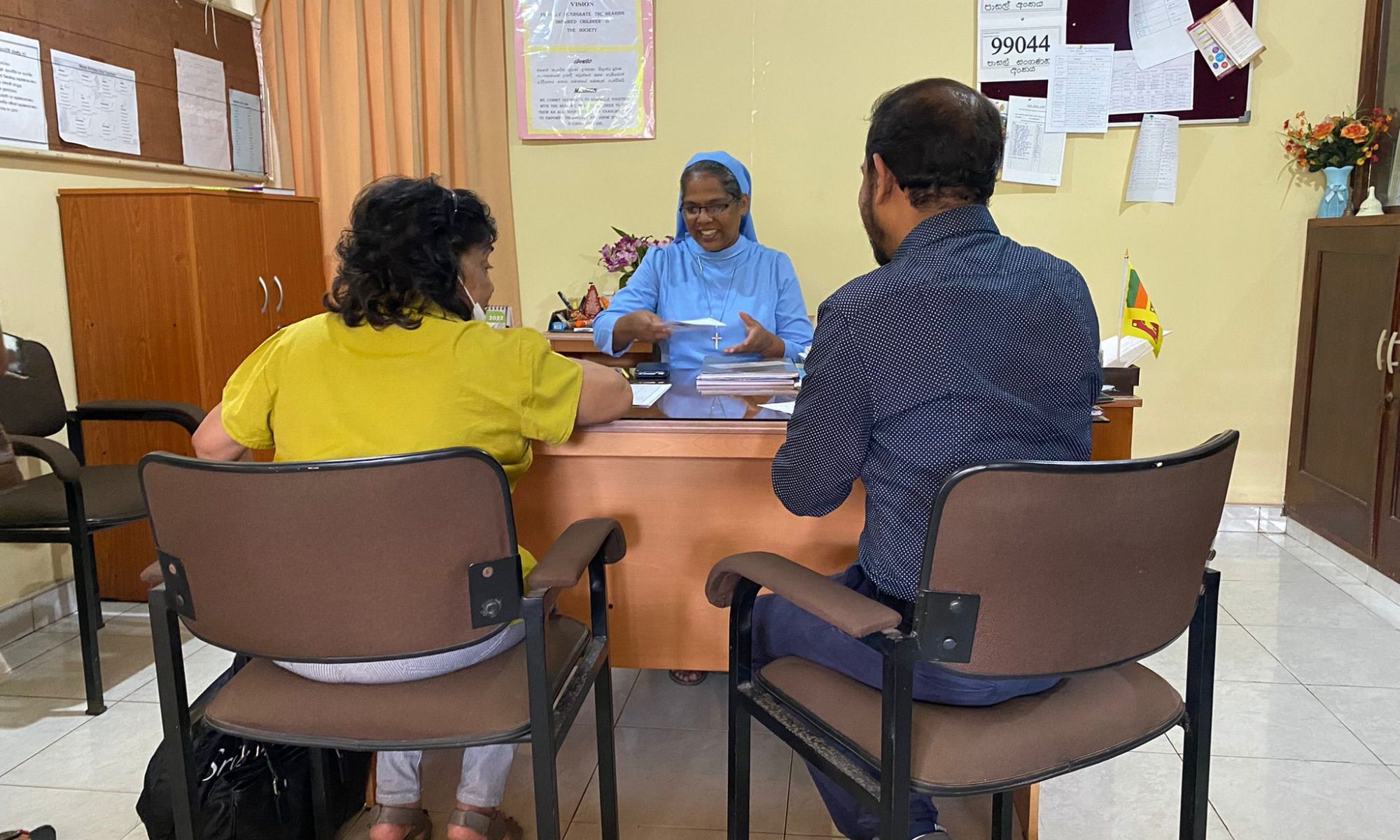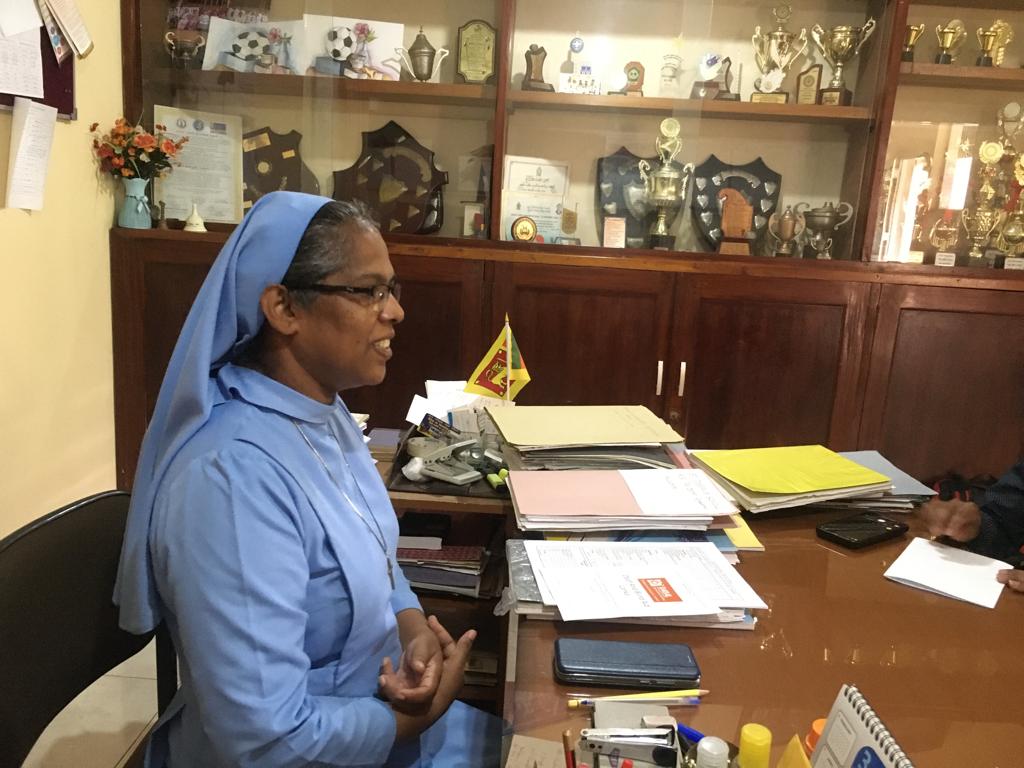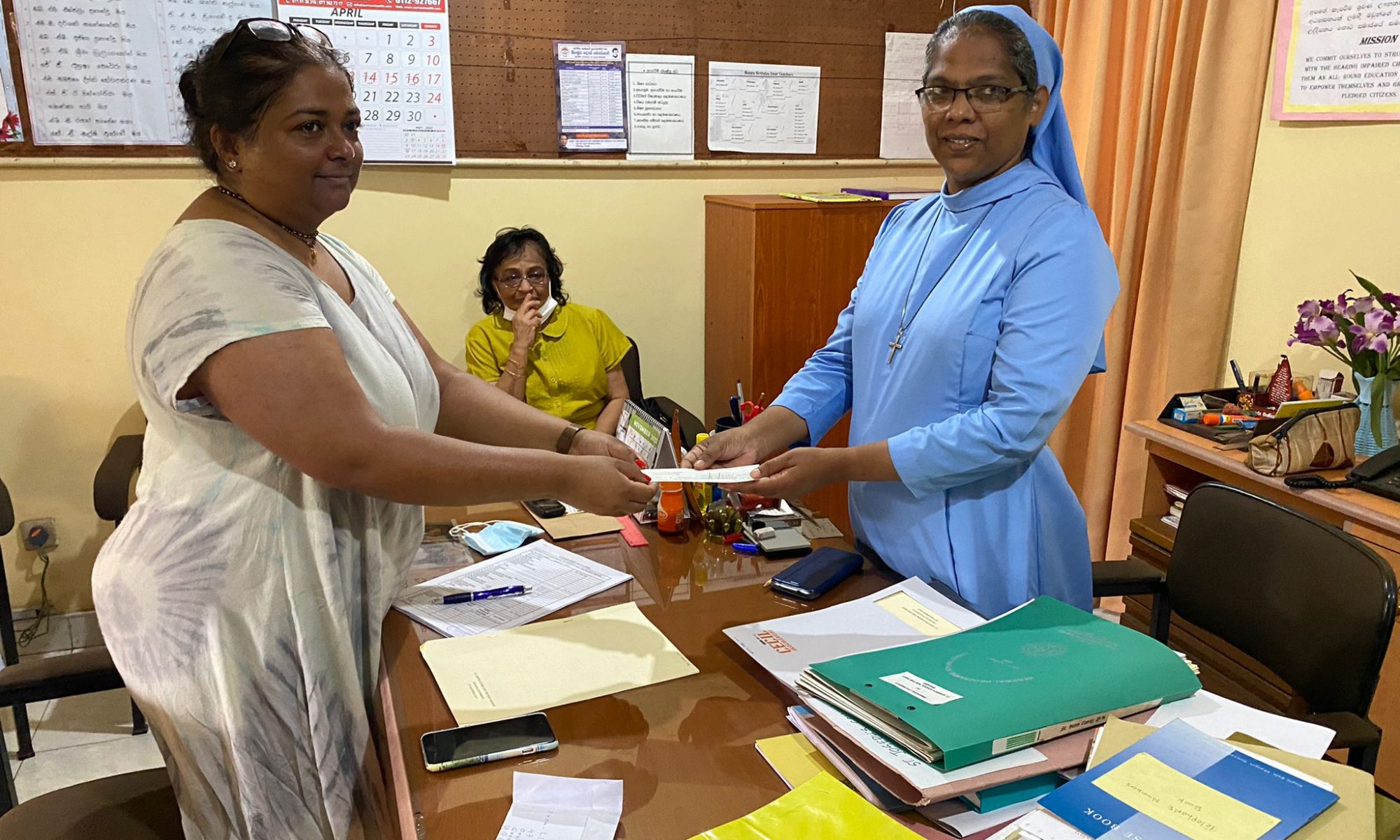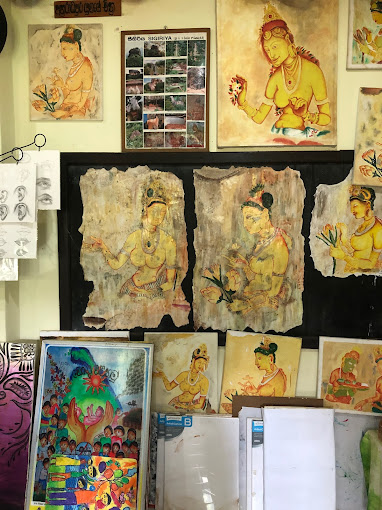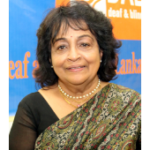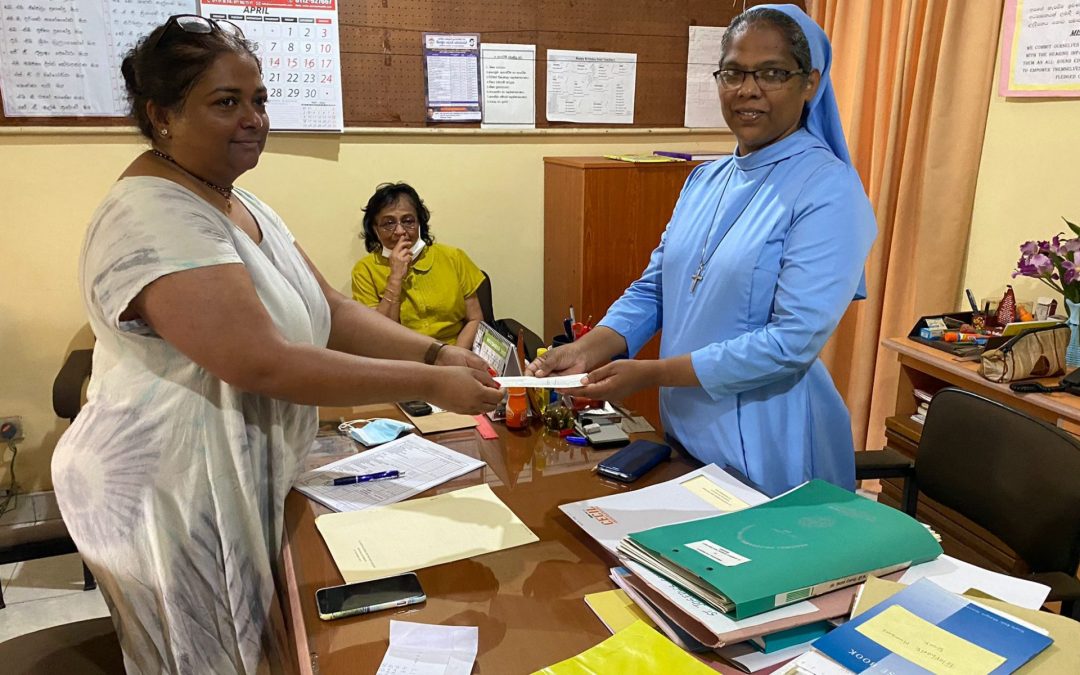
2022-April-Ragama School Visit
Our Markets
OFFICIAL REPORT – St. Joseph’s School for the Deaf Behind the St. Paul Church, Ragama, Gampaha School Visit April 2022
Principal: Rev. Sister.B. L. Ann Nirmalee
Contact : +094 112 958 330, +94 114 816 265, +94 76 165 3121; stjosephs.sfd@gmail.com.
Vice Principal: Sister Christie Fernando
DABAL represented by: Lionel Bandara (Chairman), Teri Welikala (Treasurer) , Nadani Welikala (Event Secretary & Founder Member) , Christina Crossette-Thambiah (Committee Member), Dilsiri Welikala (Local Rep.)
Reason for visit:
• Check how money was spent from last grant given fromorm AGM 2015 funds.
• To give grant of £1,500 from DABAL from 2021 AGM Award.
• To give cheque from Professor Shervanthi Homer-Vanniasinkam for £100.
• In January we sent a letter and criteria showing that we wanted to give them a grant of £1,500
The funds from the previous donations of £1,500 were awarded at the 2014 & 2015 AGMs and were used for:
• In 2015 – money utilised to celebrate their 80th Anniversary. They repaired the stage, bough bulbs, flash lights, costumes for students( cost Rs 7500 per students, of which half came from students and half of it from our money) and spent funded for concert.
• 2016 – The long jump pit was repaired in the main playground.
2022 – Funds will be used to purchase desks and chairs as they are very old (we saw evidence of this especially in the secondary school classes) and needing replacing, also to repair the primary school playground. With any remainder money they hope to purchase a photocopy machine as two are broken. Cheque no.100471 for £1,600 was written to “St. Joseph’s School for the Deaf”.
We asked that they send a receipt to us and a thank you letter to Professor Homer-Vanniasinkam. The school is managed by the Special General School Council board. It consists of leader of the council (nikaaya in Sinhala) plus another 5, Sisters + the school supervisor.
These are Principal, and Vice-Principal and General Manager of the Catholic Private School.
The treasurer is one of the Sisters and another Sister from part of the board. In addition, senior teachers are consulted on some decisions. We checked the criteria for giving our grant of £1,500, for this year.
1. An audited set of financial statements are presented – YES
2. that the Trustees meet at least once a quarter where Management accounts are presented. – YES
3. that cheques in excess of R25,000 are signed by two or more trustees. – YES
4. that a budget for the ensuing year is presented. – YES
5. that the Board acknowledges the receipt of the funds and makes an undertaking to provide the information and implement the procedures required.
– see above Report
Nadani, Christina and I left for Ragama early morning from Colombo to arrive at the school for about 10am.
Lionel Bandara came by train, and Dilsiri Welikala, made his own way to the school. As our newly appointed rep. he was officially introduced to the sisters in charge. We found the site, as described next to the St. Peter and Paul’s Catholic Church, Ragama.
The school grounds consist of several school teaching buildings, the hostel, a well-kept front garden and small children’s play area. There is a very large sports field at the back of the buildings. The school is run by Catholic nuns who manage the foundation which owns the school, land and buildings. Although they use the church next door there is no management or ownership overlap between the church and the school. They specialise in teaching deaf children only.
We were warmly welcomed by Sister Nirmalee, the Principal and Sister Christie, the Vice-Principal, who form part of the school management. Nadani and Sister Nirmalee reminisced on previous visits, especially with Priya, the former treasurer. They fondly remembered our generous donations which they greatly appreciated, in particular that we made the effort to visit Sri Lanka during difficult times post Covid restrictions and financial difficulties in the country.
They offered their condolences on Priya’s passing away and offered prayers in his memory. In addition, finding that Lionel has recently lost his brother they offered their sympathies and offered prayers for him and his family. We attended to our due diligence matters first at the principal’s office and handed over the grant cheques, the school having presented to us the required formalities. We were then shown around the school. Starting with the primary school classes we visited a few. They are well kept and painted in bright colours to make classes vibrant and exciting for the children. Unfortunately, attendance was low due the high cost of travel and fuel shortages affecting the country. The students from the hostel were present. We then visited the secondary school classes in the next building near the administrative offices. The students were smartly dressed in their white uniforms and ties. There were more students and some were taking exams. There were specialised classes for science and some computers at the school. Finally we went round the front area of the school grounds and inspected the children’s playground which will be repaired with our current grant. We say the play equipment was old and rusty and no longer safe for the children. We left the school with a lovely present – a thank you note framed and made with dried flowers and leaves by the children. We left the school with a lovely present – a thank you note framed and made with dried flowers and leaves by the children.
A voluntary 250 rupees is changed monthly from students, there are currently more students present after the pandemic restrictions have been lifted.
Students – 130 students, of which 15 girls and 21 boys in the hostel.
All others are brought by parents, no blind children’s, only deaf students.
There are classes from grades one to grade thirteen, also early intervention classes.
7 students have already graduated from Keleniya university, some are now doing private jobs and some are unemployed. For example: – One student is a professional artist and given an awarded by the government.
He designed a stamp during the Christmas period, his name is Ravindu Darshna Vithana
We were also informed that there are 21 teachers.
2 male and 2 female all get salaries from government
Volunteer Teachers – Currently there is 1 sister and 2 teachers on the scheme.
They are taken on a one year probation period after which they get Rs. 12000/- as their salary.
For the permanent teachers’ salary varies, according to their experience and their service.
Approximately 35000 Rupees is the salary per month of a teacher. Accommodation: Only hostel children get fed during the day, not day children. One of the sisters is looking after the food and cooking in the hostel
By: Teri Welikala 6th June 2022

